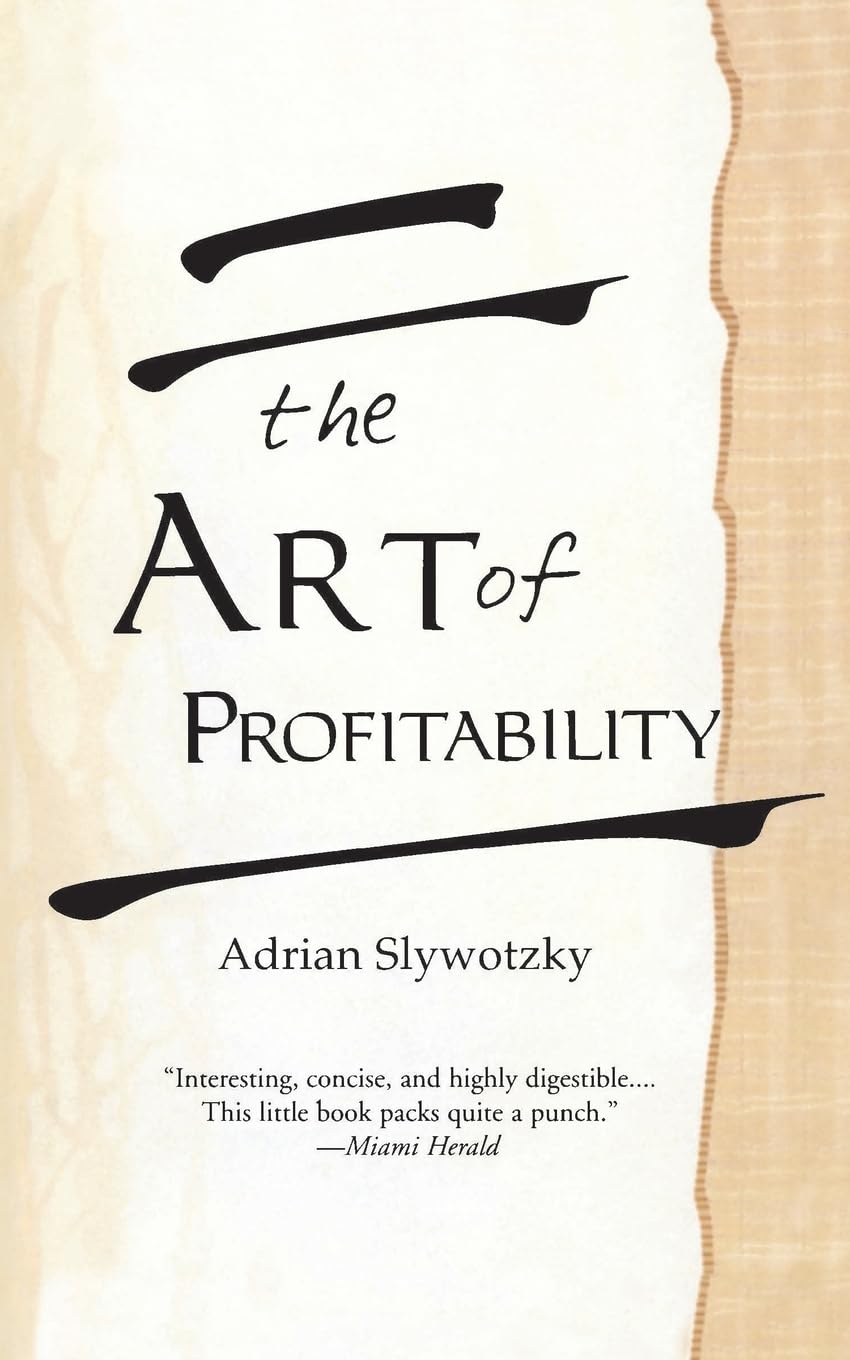Management consulting probably has more opportunities for gaming the system than startups do, and I concur. However, my friends who work at management consultants, from what I can tell based on anecdotal evidence, mostly perform value adding work for their clients, including performing managerial duties in for fast grown firms that do not have the talent at hand, performing macroeconomic research and factory floor optimization. My friends are mostly of engineering background, though, so that probably affects the sampling quite a bit.
I would rephrase the dichotomy of not being about adding value vs. gaming the system but about creating something new versus optimizing and tinkering with an established system.
As an example all the protagonists in "The art of profitability" (http://www.amazon.com/The-Art-Profitability-Adrian-Slywotzky...), for instance, deal mostly in a similar problem space as described by my friends' professional war stories.


Revenue Management http://www.amazon.com/Revenue-Management-Robert-G-Cross/dp/0...